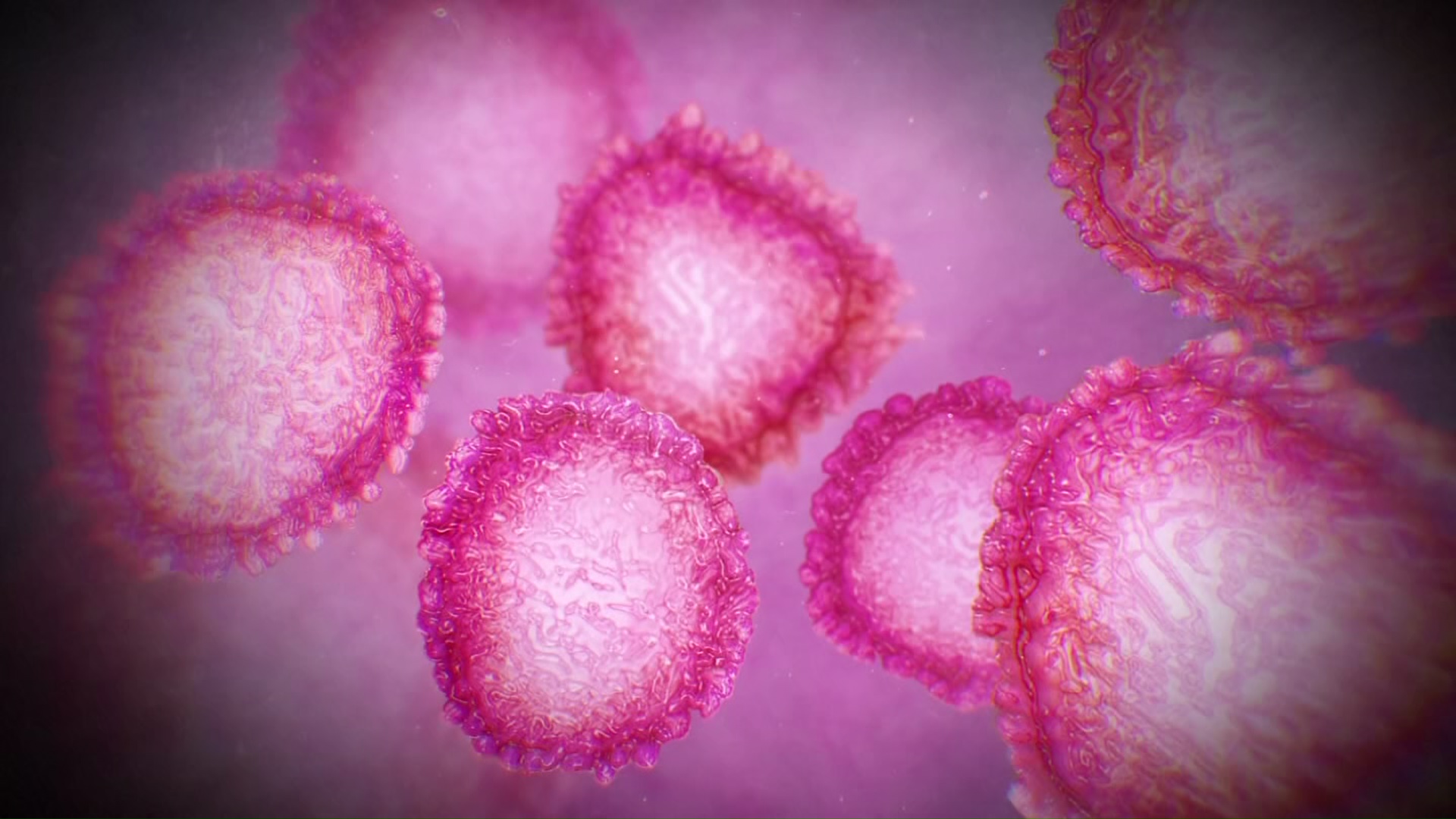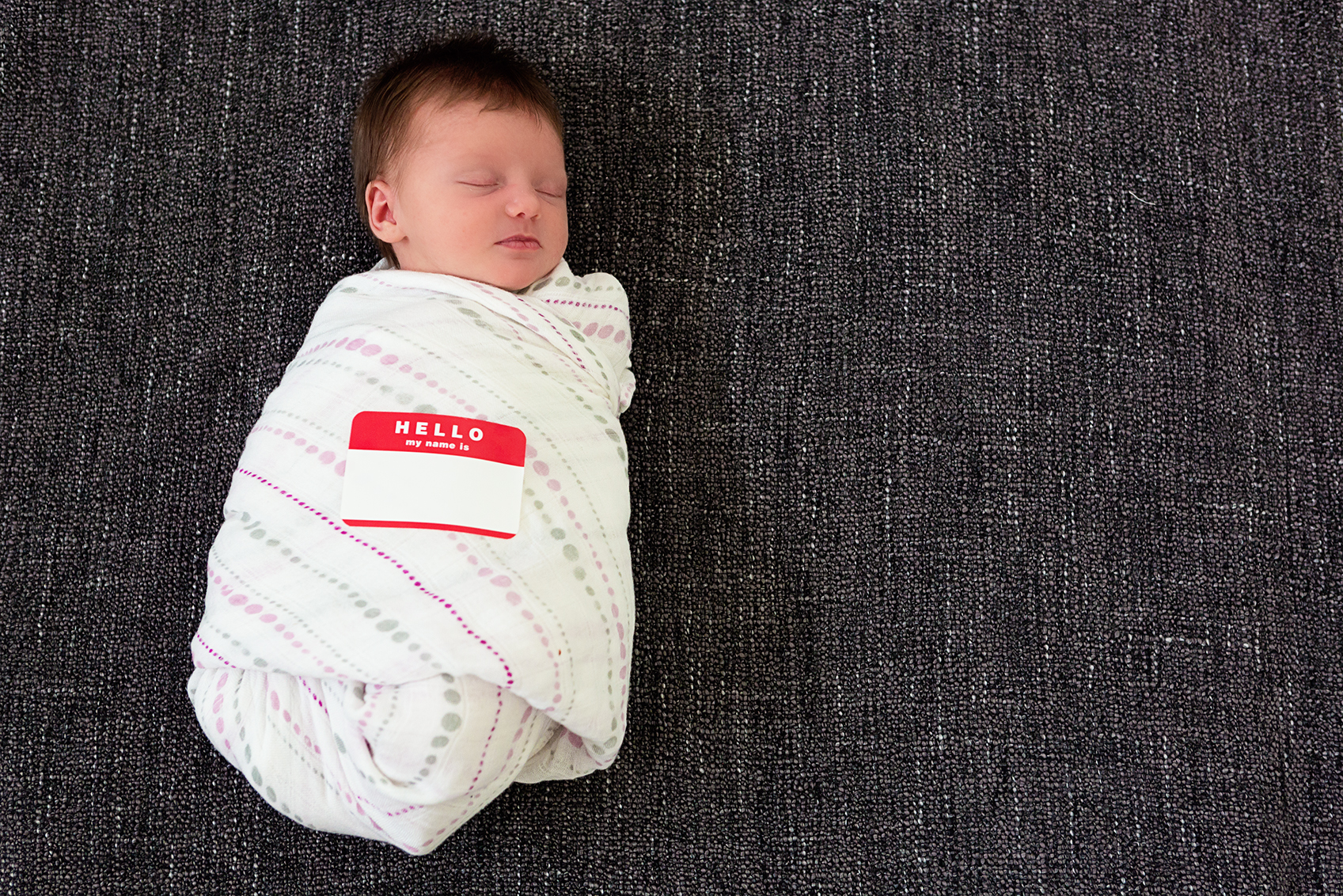This story was first published on July 14, 2022. It was updated on July 29, 2022.
A common childhood virus called parechovirus, which can cause severe illness in infants younger than 3 months, is spreading in the U.S., the Centers for Disease Control and Prevention said in a health alert issued earlier this month.
Now, a new report from the CDC is offering details on a recent and "unusually large" cluster of the virus. This past spring, 23 infants between 5 days and 3 months old in Tennessee were infected within a six-week period, from April 12 to May 24. All of the infants developed a swelling of the brain or brain lining, a condition known as parechovirus meningoencephalitis, and all but one were hospitalized. Most of the infants, 21, fully recovered, but one has lasting seizures and another appears to have hearing loss.
“What was surprising to us, and why we put this report together, is that we saw a higher than usual number of babies with this infection than we’ve seen in prior years,” said Dr. Ritu Banerjee, an author of the new report and a professor of pediatric infectious diseases at Vanderbilt University Medical Center in Nashville, told NBC News.
Get DFW local news, weather forecasts and entertainment stories to your inbox. Sign up for NBC DFW newsletters.
For context, from 2019 to 2021, the hospital saw only seven cases, but this is in part due to pandemic lockdowns, she said, adding that she believes the easing of such restrictions may play a role in the recent uptick in cases.
"Children were back in day care, back in school, going to camp,” she said. "Now the virus could circulate among many more vulnerable hosts."
Most of the infants had older siblings or were exposed to other kids, and one got sick while in the neonatal intensive care unit. The infants' symptoms included fever, fussiness, poor feeding, unusual sleepiness and congestion. One developed seizures.
Since May, the agency has received reports from health providers in multiple states of newborns and young infants being infected with the virus, which tends to circulate in the summer and fall. The CDC is encouraging clinicians to consider the virus as a possible diagnosis in infants with fever, sepsis-like symptoms, or seizures and meningitis when no other cause is apparent.
A parechovirus infection can "cause a spectrum of disease in humans," from asymptomatic or mild symptoms to "severe illness," the CDC noted. It's common in childhood, with most kids having been infected by the time they start kindergarten. In children between 6 months and 5 years old, the virus usually causes upper respiratory tract infection, fever and rash.
But in infants less than 3 months, and especially for those under 1 month, it can lead to seizures, swelling of the brain and surrounding tissue, and sepsis-like illness, often requiring hospitalization. Sepsis is when the body's response to an infection damages the body and leads to poor organ function. Sepsis symptoms include fever, shortness of breath, sweating and extreme pain. Parechovirus infection can also lead to long-term neurodevelopmental issues, though it's rare.
Parechovirus spreads through fecal particles that end up in the mouth (the fecal-oral route), saliva and respiratory droplets. Shedding from the upper respiratory tract can last up to three months and in the gastrointestinal tract up to six months, per the CDC. Infected individuals who do not have any symptoms can also spread the virus.
There's no treatment for parechovirus, no antiviral and no vaccine. If you're concerned that your child has been infected the parechovirus, contact your health provider.
This story first appeared on TODAY.com. More from TODAY:



